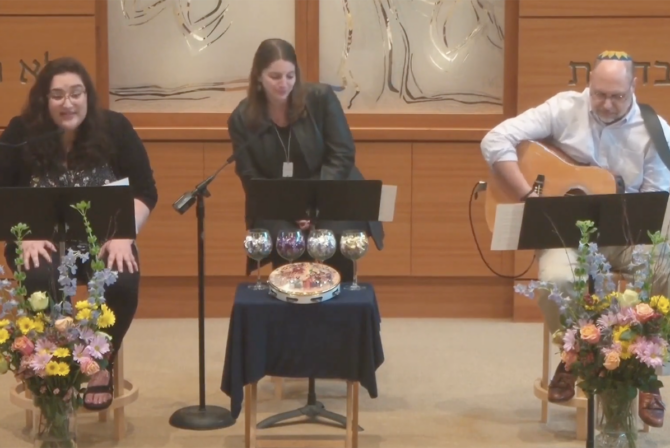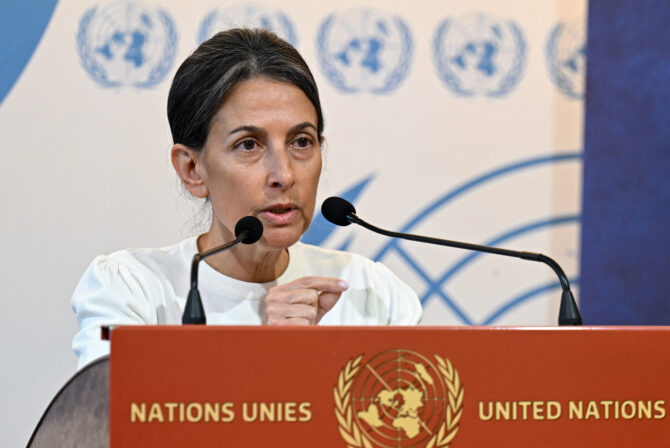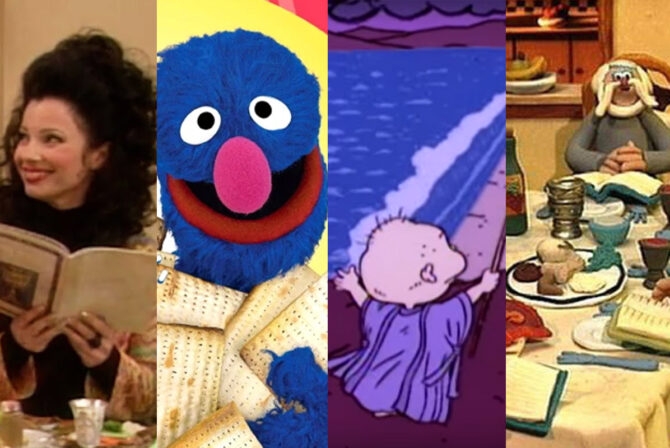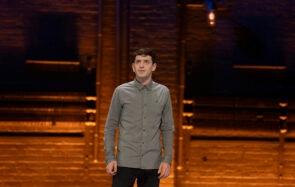Last weekend, the Wall Street Journal ran an excerpt from Battle Hymn of the Tiger Mother by Amy Chua, which describes “why Chinese mothers are superior.” Yeah, you read that right…and that got my Jewish mom self pretty ticked off.
So why are they superior, allegedly?
They’re superior, Chua the Tiger Mother argues, because they create kids who are math and music achievement powerhouses. Apparently, if the kids don’t practice piano and/or violin for the requisite number of hours a day, or don’t get straight As, or have even one playdate, apocalyptic disaster results. Fortunately, the psychological and emotional state of being of these kids doesn’t really seem to concern her. Between the scales and the flashcards, you’ll concede that there’s really not time for that mushy crap.
It’s way too easy for this Yiddishe mama to mock this kind of parenting/boot camp (“When I say jump and play Moonlight Sonata, you say how high!” “Okay, Mommy!”) that my sons would refer to as “major whup-tush.” After all, by this line of reasoning, shouldn’t Little Orphan Annie’s Miss Hannigan or Oliver Twist’s Fagin have turned out orphanages chock full of Nobel Prize winning physicists?
And characterizing Chua’s thesis as “Chinese mothers are superior,” which is surely not much more than a marketing ploy, is a tad silly. After all, there are a lot of common denominators with this attitude and the general immigrant mentality of “the only way we’re going to make it here is by buckling down and really working our asses off.” Sounds sort of familiar, eh, my fellow Ashkenazim whose families escaped pogroms around the late 1800s/early 1900s? Yeah, you know who you are.
But I do actually agree with a lot that was in that Wall Street Journal excerpt . Kids these days DO need to be tougher and more hard-working. I hate the parenting culture which over-defers to the whims of the kid to the expense of any sense of perspective or discipline, and fear that it will wean a generation of spoiled little brats who are genuinely surprised when the earth doesn’t spin on their say-so.
When parents forfeit their own authority, believe me, you’re going to feel it later when little Jimmy gets sent to the clink for insider trading. Okay, extreme example, but you get what I’m saying: if you don’t discipline your child and teach them right and wrong, you are doing your child a grave disservice (as well as me, because I have to put up with your bratty kid).
The fundamental problem with the “Chinese Mother” thesis is that I believe it creates what would be a tremendous failure on a parent’s part–you don’t want a kid’s sense of discipline, self-esteem, or success to be determined externally. What do I mean? I mean that you never want a kid to only feel that they have succeeded when they have succeeded in the eyes of others–whether it’s academic institutions’ grades, peer approval or momentary glory. All these things are ephemeral, arbitrary, easily distributed and yanked away: your entire sense of self can’t bank on admission to one college or a score on one test. “Not pissing your mother off” can’t and shouldn’t be your Gold Standard of achievement or success. (Mom, if you’re reading this, please don’t be mad at me.)
We do have a lot to learn from the “superior” Chinese mother–as our sages once wrote, “Who is wise? He who learns from all men.” Sometimes, to be a good parent, you are going to have to be at odds with your kid. You need to model that you need to work hard at things that are hard–that not everything will always come easily, and in fact, it’s the things that take the most work to master that can turn out to be the most rewarding in the end.
But as a corollary to that point, the sages also teach us, “Who is strong? He who controls his own passions.” As parents, the onus is on us to create the person who can master the inner turbulence of their independent self –the seductive pull of the evil inclination/yetzer ha-ra, the tides of self-doubt, the inevitable pains of fear and loneliness .
We as Jewish parents want to create a child who wants to live a life in which they are a good person who genuinely cares about others as well as themselves. Chua’s Tiger Kitties seem to be super-achievement-oriented, but it doesn’t seem to be as important to her to instill a sense of communal responsibility–if anything, maybe that would be a sign of weakness, because it would take time away from the ‘important’ stuff. That is not the Jewish way: as Jews, it’s incumbent upon each of us to make this world a slightly better place than it was before we got here. And the only way we can do that is by being good people ourselves and teaching by our example. And that is what truly matters.
And kids, if you want to get into an Ivy League college and win some scholarships and be a musical virtuoso on top of that–well, that’s just commentary.








